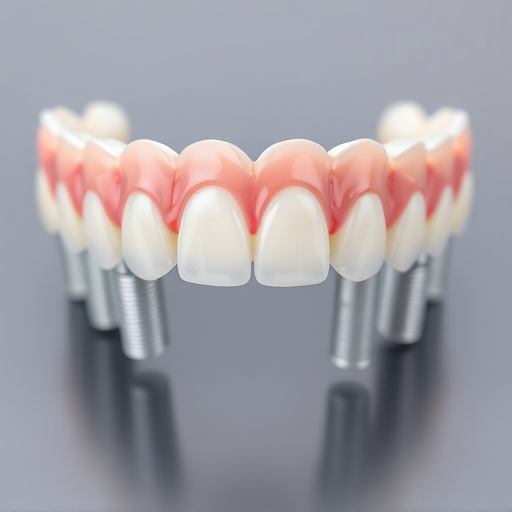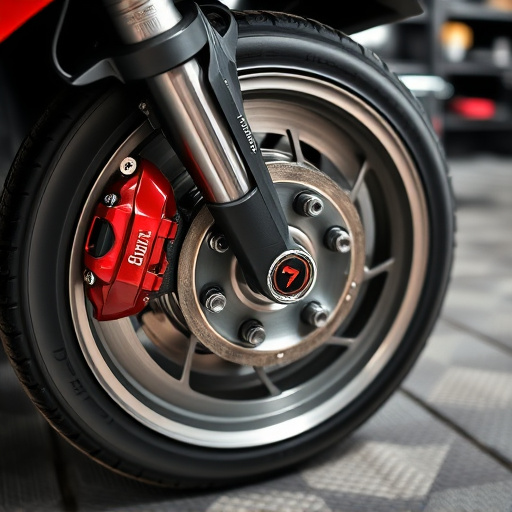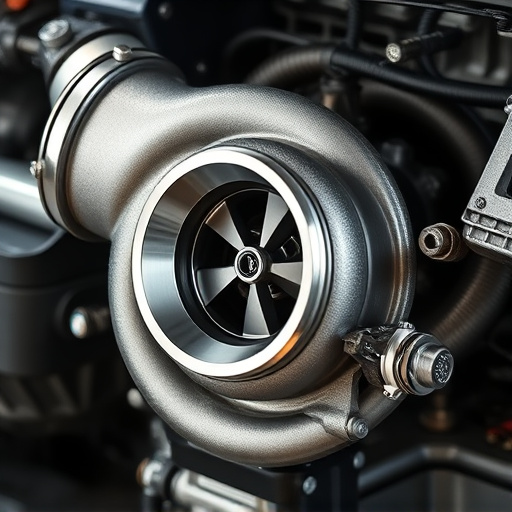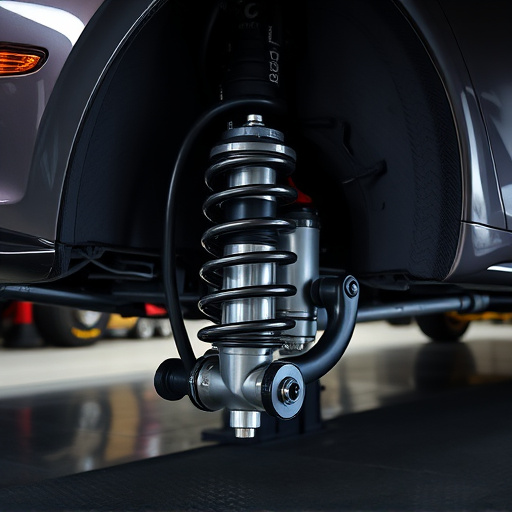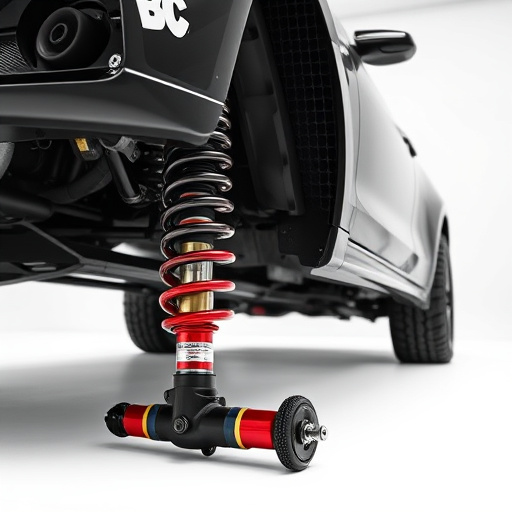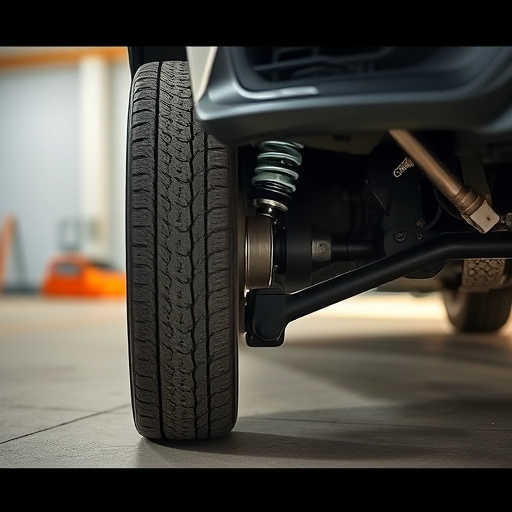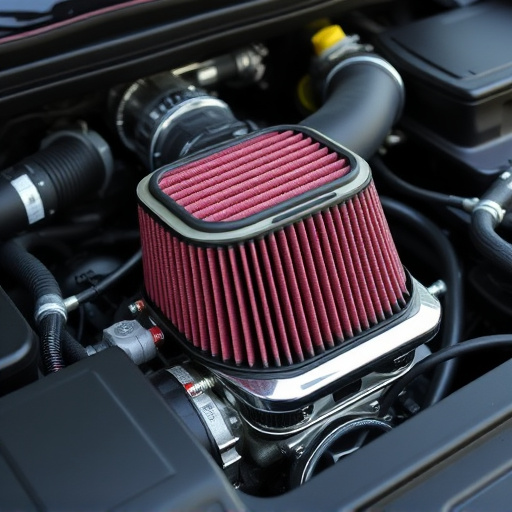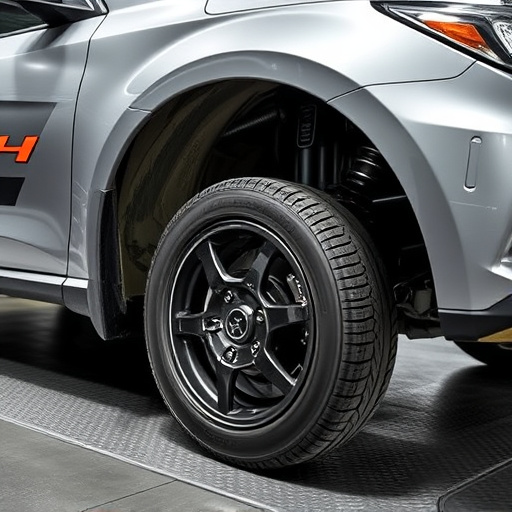Unusual engine noises like banging or ticking indicate potential issues with critical engine components (valves, pistons, timing belt), requiring professional inspection. Performance problems like slow acceleration and stalling signal degraded spark plugs, fuel injectors, and sensors needing diagnosis to prevent damage. Visual cues like Check Engine Light activation, exhaust smoke, leaks, or part wear suggest engine component problems. Modifications should be monitored for negative effects on engine components.
Unsure if your engine is screaming for help? Familiarize yourself with the common signs of failing engine components. From unusual noises that hint at internal issues, to performance problems like lost power, and critical visual cues like check engine lights, this guide deciphers these warning signals. Learn to interpret them early – addressing potential problems promptly can prevent costly repairs and keep your vehicle running smoothly.
- Unusual Noises: Clues from Your Engine
- Performance Issues: When Power Fades
- Visual Cues: Check Engine Lights and More
Unusual Noises: Clues from Your Engine
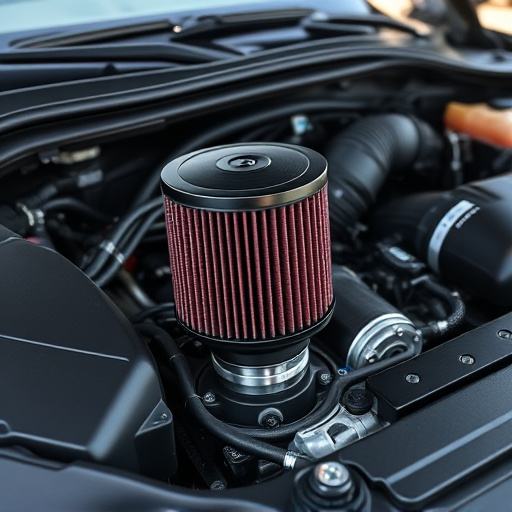
Unusual noises coming from your engine can be early indicators of potential issues with crucial engine components. Pay close attention to any unusual sounds, such as banging, knocking, ticking, or rattling. These could suggest problems with valves, pistons, or even the timing belt. For instance, a knocking sound might indicate that the pistons are not sliding smoothly within their cylinders, possibly due to worn-out or improperly lubricated engine oil.
If you notice these sounds while idling, accelerating, or after starting the engine, it’s time to have your vehicle inspected by a professional mechanic. They can help diagnose and address issues with not just the engine components but also related parts like brake components and exhaust systems, including performance exhaust, to ensure optimal performance and safety.
Performance Issues: When Power Fades
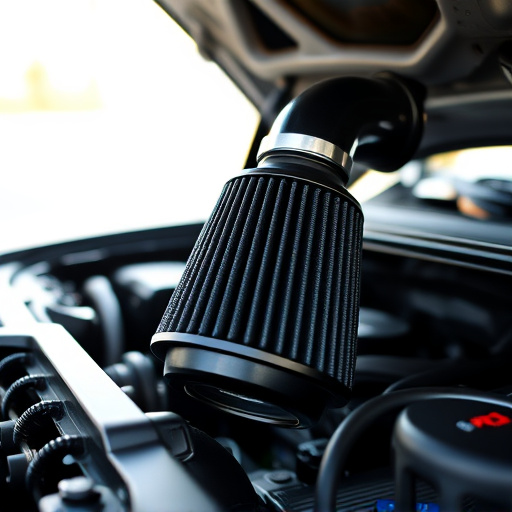
When it comes to engine components, performance issues can be a red flag indicating underlying problems. If you’ve noticed a significant drop in your vehicle’s power and acceleration, it might be time to investigate further. Engine components like spark plugs, fuel injectors, and sensors play a crucial role in ensuring smooth and efficient operation. Over time, these parts can degrade, leading to reduced engine performance, as the fuel-air mixture is not optimized for combustion.
This decline in power can manifest in various ways, such as slower acceleration, irregular idling, or even stalling. Upgrading components like installing high-performance air filters or upgrading coilover kits can sometimes help recover lost power, but it’s essential to diagnose the root cause accurately. Neglecting these signs might result in more severe engine damage, requiring costly repairs.
Visual Cues: Check Engine Lights and More
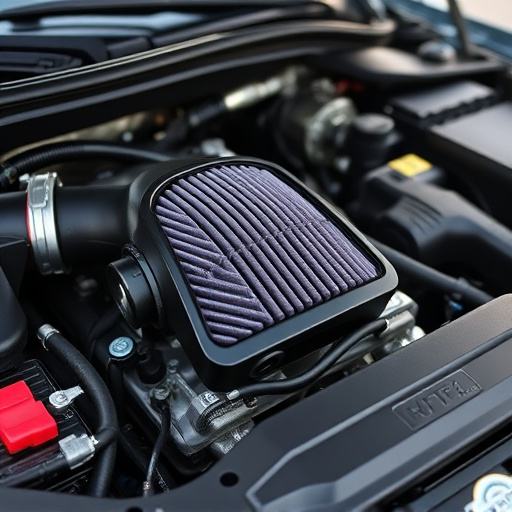
When it comes to identifying potential issues with your engine components, paying attention to visual cues is a great starting point. One of the most common and noticeable signs is the activation of your vehicle’s Check Engine Light. This warning signal illuminates when sensors detect unusual patterns in your engine’s performance, indicating possible problems. For instance, a sudden dip in fuel efficiency or an irregular spike in temperature could trigger this light.
Beyond the Check Engine Light, other visual indicators include unusual smoke coming from the exhaust (indicating potential oil burn), leaks under the vehicle (oil, coolant, or transmission fluid), and cracks or abnormal wear on components like spark plugs, belts, or hoses. Even modifications like a cold air intake or upgraded performance brakes can affect engine component health, so it’s essential to monitor these changes for any adverse effects.
Identifying early signs of failing engine components is crucial for maintaining your vehicle’s health. By being attuned to unusual noises, performance issues, and visual cues like check engine lights, you can take proactive measures before more serious problems arise. Regular maintenance and timely repairs ensure a smoother ride, extend the life of your engine, and save you from costly breakdowns. Stay vigilant and keep an eye on these common indicators to ensure your engine components are operating optimally.




